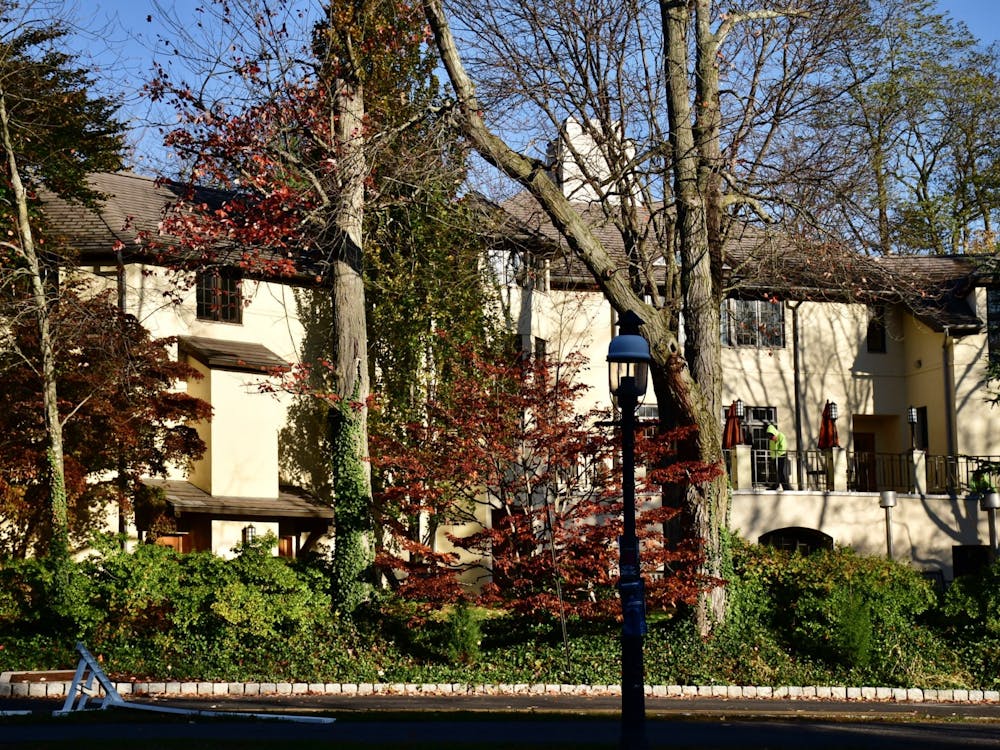“Too poor for college, too rich for financial aid” is a phrase that describes the awkward financial status of those who can afford college, but not comfortably. Many upper middle class families belong to this income bracket. They are financially secure, but even for them, the extravagant cost of college these days is a huge burden. Therefore, when it comes to summer planning, many such families find that they simply cannot justify spending additional thousands of dollars so that their children can participate in summer study abroad programs.
Princeton offers an incredible array of summer study abroad options, including language immersion programs and Global Seminars. These courses are also extremely expensive. I participated in Princeton in Spain this past summer, which cost $3,900 for tuition, lodging and meals. On top of that, we had to buy airfare and textbooks and bring some incidental money; if we followed the recommended guidelines, all these additional costs came up to $1,970. The total, then, comes to $5,870, and this is only for a four-week-long program.
While financial aid itself does not extend into the summer, students on financial aid are eligible for several funding sources. For example, with Princeton in Spain, the Department of Spanish and Portuguese Languages and Cultures offered scholarships for financial aid students. Further, the Dean’s Fund for Study Abroad also provided up to $3,000, and the actual amount given to interested students was decided based on the quality of students’ essays, the relevance of the programs to their academic goals and their demonstrated financial needs. The students not on financial aid, for the most part, were on their own.
Even some internships sponsored by the University have this problem. All IIP placements come with a financial award that “is estimated to cover meals, lodging, local transportation, and transportation to and from the airport.” It also covers airfare for students on aid; those who are not on aid, on the other hand, have to purchase their own tickets unless they can procure the rare additional funds through the Student Activities Funding Engine. This means that some students work for eight weeks and still lose a thousand dollars or more.
The issue of cost severely limits the options for students not on financial aid. Some of them may feel pressured to study abroad during the summer if and only if the program is useful for their majors.
I’m by no means suggesting that the University should divert funds away from financial aid students to non-financial aid students. Nor am I trying to undermine the generosity of the University. I do, however, believe that the University should look into providing better, more comprehensive funding opportunities for students of all kinds of needs extending beyond the annual tuition, room and board.
I support the establishment of more merit-based scholarships for the summer, using the University’s $22.7 billion endowment. This way, all competent students can have a chance to win funding. I also believe that students not on financial aid should be eligible for need-based funds like the Dean’s Fund. Needless to say, there is a great discrepancy in financial comfort level among non-financial aid families. For some families, paying the full sticker price of tuition is about as much as they can do. Summer funds that look at demonstrated need can assess these families’ situations and provide them with small funding. While obviously smaller than what financial aid students receive, the existence of even small funds like these, however, would be immensely helpful to families struggling with the already high costs of college.
Erica Choi is a sophomore from Bronxville, NY. She can be reached at gc6@princeton.edu.







